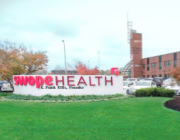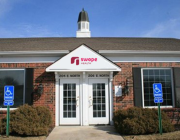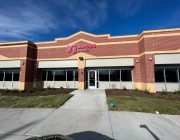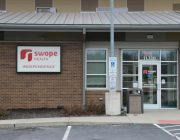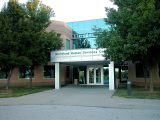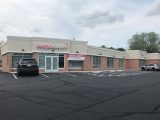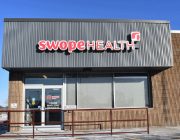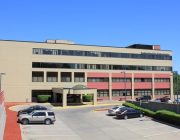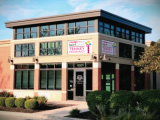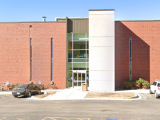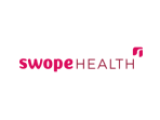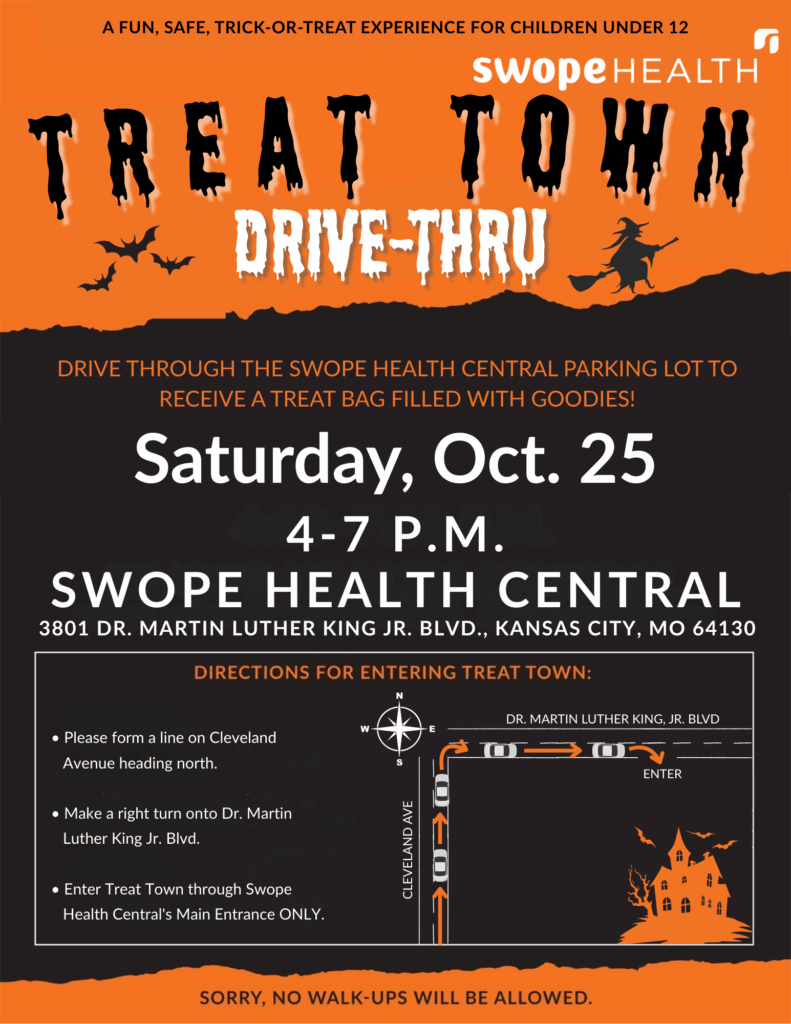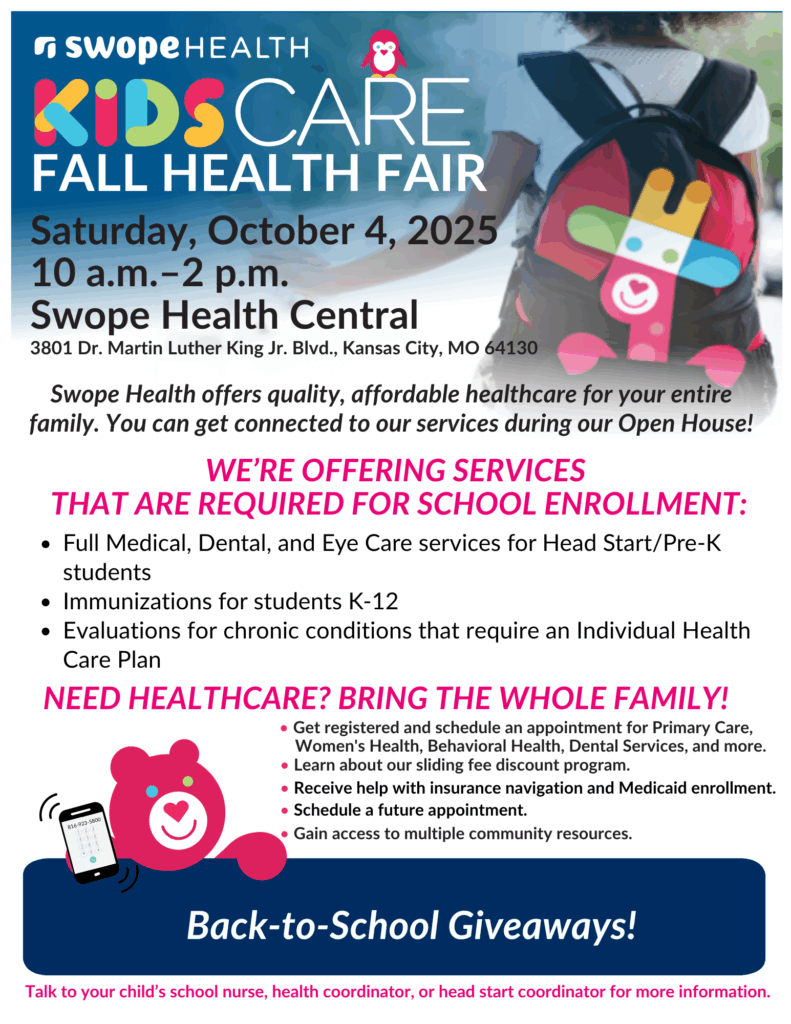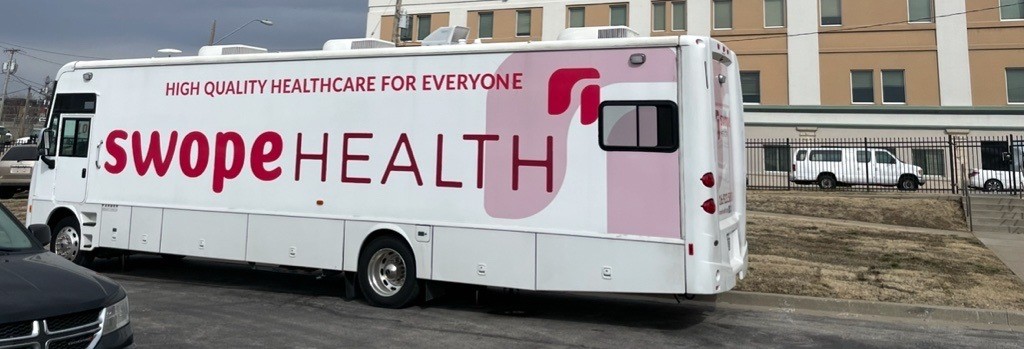
Since 1987, Swope Health has provided services to unhoused individuals through the Outreach, Healthcare for the Homeless, program. In the early 2000s, the program
expanded with the addition of a mobile medical unit (MMU) – which brings medical services directly to the underserved members of the community.
The MMU offers a variety of services by visiting local shelters, transitional living facilities, and other community organizations in the Kansas City metropolitan area every week, along with participation in community events. Swope Health Outreach Clinic Director Rachel Melson, DNP, FNP-C has been heavily involved with the MMU since joining our health center in 2015.
“We have the opportunity to go out in the community and directly to local shelters to provide care to patients instead of having them come into a clinic,” Melson said. “This is a way to break down that final barrier to care, which is access to services and transportation.”
Swope Health has used multiple units over the years – including three total in Melson’s tenure – due to the high mileage it travels. The MMU is out in the community at least twice a week.
“In the past, we were out in the community three days a week, but COVID disrupted some things. As we continue to rebuild the program, the goal is to be in the community three to four days a week,” she said.
On days when the MMU is out in the community, it travels to a location in the morning and in the afternoon. Thanks to

community partnerships, Swope Health now sees more unhoused individuals than ever before.
“Our partners trust us because we’re visible and consistent in the community,” Melson said. “Patients trust that we will be there when we say we’re going to be there. That is important because individuals who are experiencing homelessness don’t have consistency in a lot of things.”
Swope Health’s community partners include locations across the KC metro such as the Salvation Army, Hope Faith Homeless Assistance Campus, the City Union Mission, and Heartland Center for Behavioral Change.
“We go to some partners once a month; others, we go to each week. For example, we go to the same two spots – Hope Faith and Heartland Center for Behavioral Change – every Thursday because they consistently have a higher volume of people needing care,” she said. “Where we go depends on what their needs are, and we try to meet with our community partners to determine what’s going to work best for them.”
Along with the mobile units, Swope Health also offers free transportation to clinics for patients in select zip codes – including locations that the MMU travels to. Swope Health’s community partners receive the schedule for the shuttle and the MMU monthly as some patients utilize both services.
“We have a shuttle that goes to the shelters to pick patients up, brings them to a clinic, and take them back,” Melson said. “If they need to come in to pick up their medicine, get lab work done, or meet with a caseworker, they have a quick and reliable way to get to a clinic.”
The MMU team has a rotation of staff members who take turns going out in the community. The team consists of a driver, a case worker, a medical assistant, and a medical provider.
“Our team works together to meet the needs of our patients,” she said. “Our case workers help enroll patients in our services and connect them to resources at Swope Health and in the community. I’m one of the medical providers and my role is to provide medical care but also to be a listening ear.”
When a patient gets onto the unit, they check in with the case worker to register
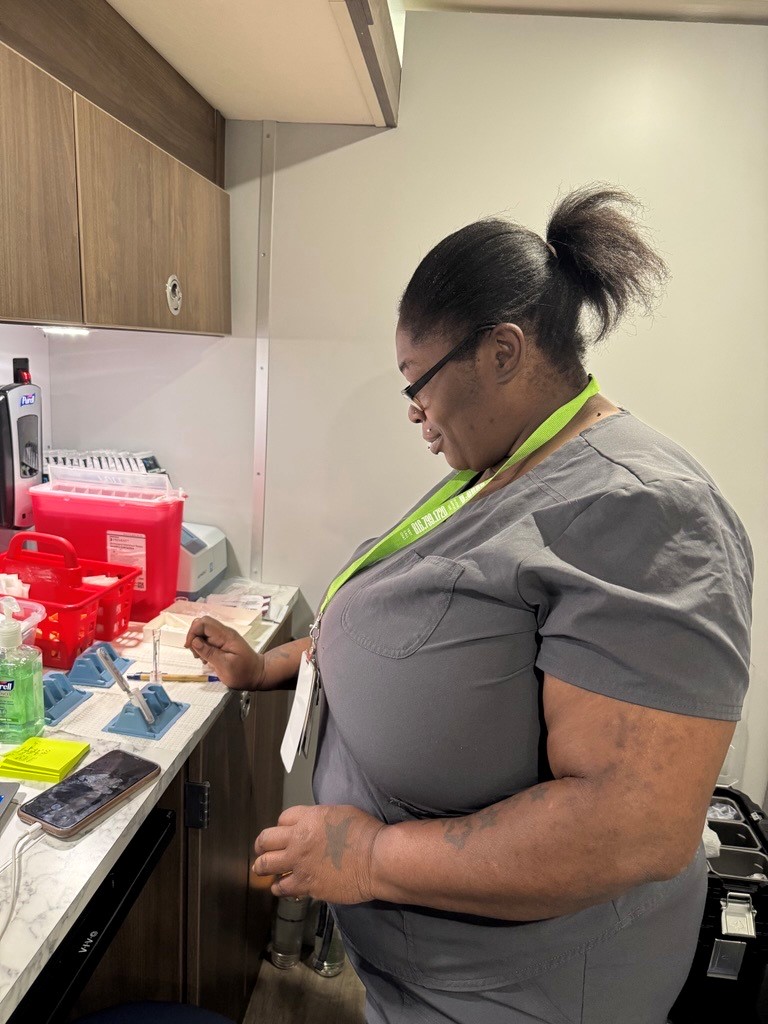
and see if they have any immediate medical needs. Additionally, every patient on the unit has access to medical screenings.
“Our treatment model is standardized for each patient. If you come onto the unit, you’re going to meet with a case worker, have your vital signs run, and receive a medical history evaluation. Additionally, we offer point-of-care tests: Hep-C, HIV, and diabetes screening,” Melson said.
Swope Health’s MMU also serves at community events throughout the year. That includes Project Homeless Connect, an annual, one-day free event that gives unhoused individuals free access to difficult-to-obtain services. Swope Health has been the medical partner for the event since 2015, its inaugural year.
Interested in scheduling the Swope Health Mobile Medical Unit for a community event? To make the request, click here.

